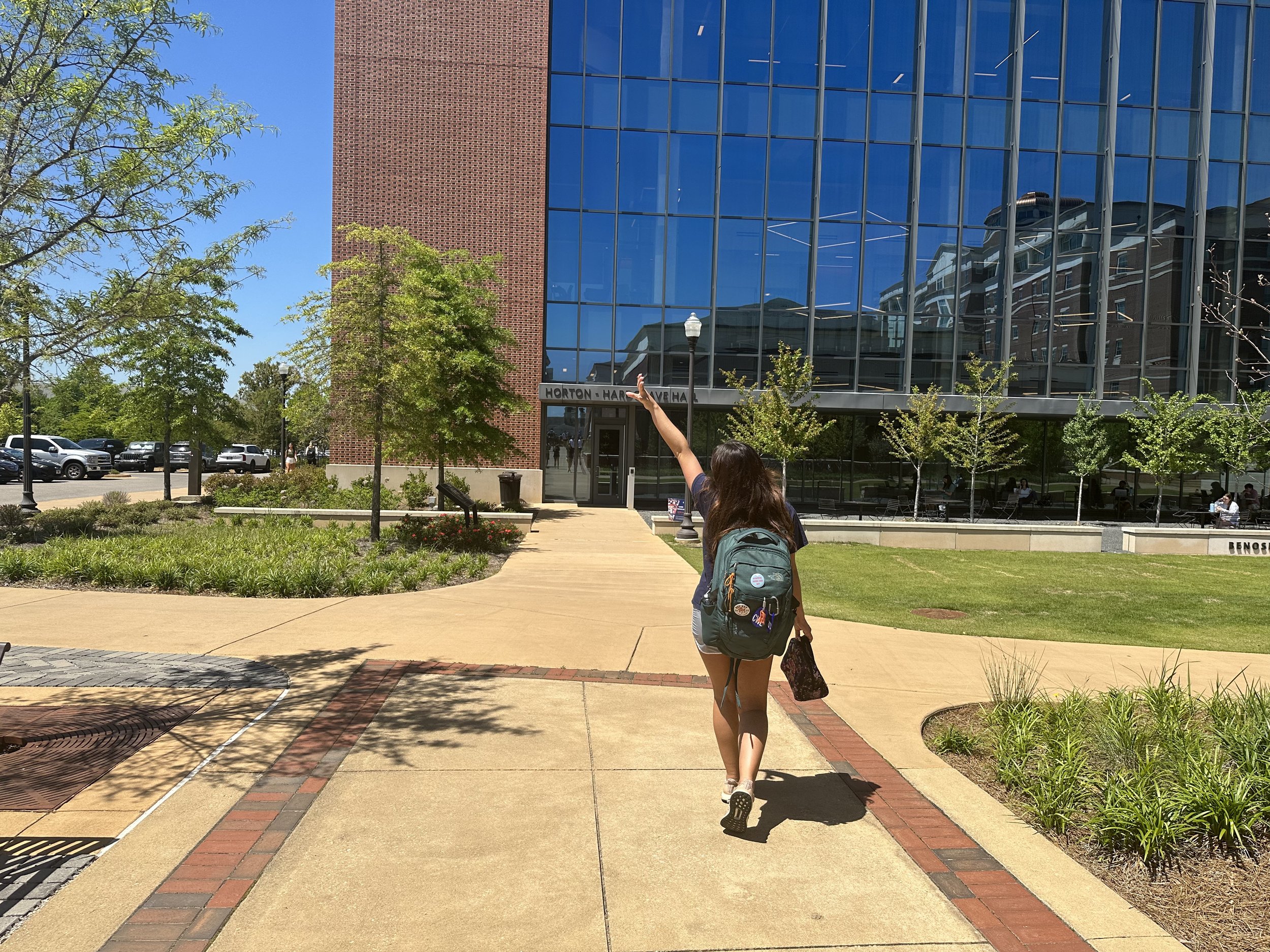The History Behind Indigenous Peoples’ Day

Columbus Day? Indigenous Peoples’ Day?
This article explains the history behind Indigenous Peoples’ Day and why many have stopped referring to the holiday as Columbus Day. Here’s why controversy has risen around the holiday.
Columbus Day
Columbus Day is a U.S. holiday that commemorates the arrival of Christopher Columbus in the Americas. Columbus set sail in 1492 with the financial support of monarchs King Ferdinand and Queen Isabella of Spain. He intended to take a western route to Asia but landed in the Bahamas, becoming the first European to step foot in the Caribbean.
Columbus Day became a national holiday in 1934 under President Franklin D. Roosevelt. It was originally celebrated on October 12 until 1971 when Congress changed the date of observation to the second Monday of October. The holiday originated as a day to celebrate Columbus’ “discovery” of the Americas. While this was a new discovery to the European continent, indigenous peoples had been living in the Americas for centuries.
The Discussion
Controversy has risen around the celebration of Columbus Day due to his treatment of the natives. Columbus and his crew enslaved, kidnapped, and killed the Native people before forcing them to assimilate. Columbus and his crew also brought over diseases such as smallpox and influenza that would have devastating consequences on the Natives, reducing the population by half. Over the years to come, more and more Europeans began to settle in the Americas and forcibly removed the Natives from their land. For Native Americans, Columbus Day is a reminder of the violent history and oppression faced at the hands of European settlers, of which the consequences can still be seen today.
From Columbus Day to Indigenous Peoples’ Day
Indigenous Peoples’ Day was proposed as an alternative to Columbus Day in the 1980s, largely in response to a push by American Indians for more political influence in America. In 1990, South Dakota, a state with a large Native American population, decided to replace Columbus Day with “Native American Day” in an effort to reconcile relations between Native Americans and whites. Today, eleven states celebrate Indigenous Peoples’ Day, while ten additional states, including Alabama, recognize it as an official holiday.
A Tribute to the Natives
Recognizing the holiday as Indigenous Peoples’ Day is the first step to dismantling the narrative of Christopher Columbus as a hero and honoring the Native Americans who have faced discrimination for centuries. Van Heuvelen, a member of the Cheyenne River Sioux Tribe in South Dakota, said “It can be a day of reflection of our history in the United States, the role Native people have played in it, the impacts that history has had on native people and communities, and also a day to gain some understanding of the diversity of Indigenous peoples.”
Be Well, Auburn.
Sources:
https://www.history.com/news/columbus-day-controversy
https://www.history.com/topics/exploration/christopher-columbus
https://www.unc.edu/posts/2019/10/11/what-is-the-history-behind-indigenous-peoples-day/
https://www.npr.org/2021/10/11/1044823626/indigenous-peoples-day-native-americans-columbus
Josh was born and raised in Birmingham, Alabama. Growing up an avid Auburn fan, he always knew he wanted to call Auburn home.
He is currently a junior majoring in graphic design and hopes to combine his degree with his love of sports after graduating.
In his free time, you can find Josh out for a run, on the pickleball courts, or going for a drive with friends. No matter what he’s doing, it’s a pretty safe bet you can find him listening to Taylor Swift while doing it.









